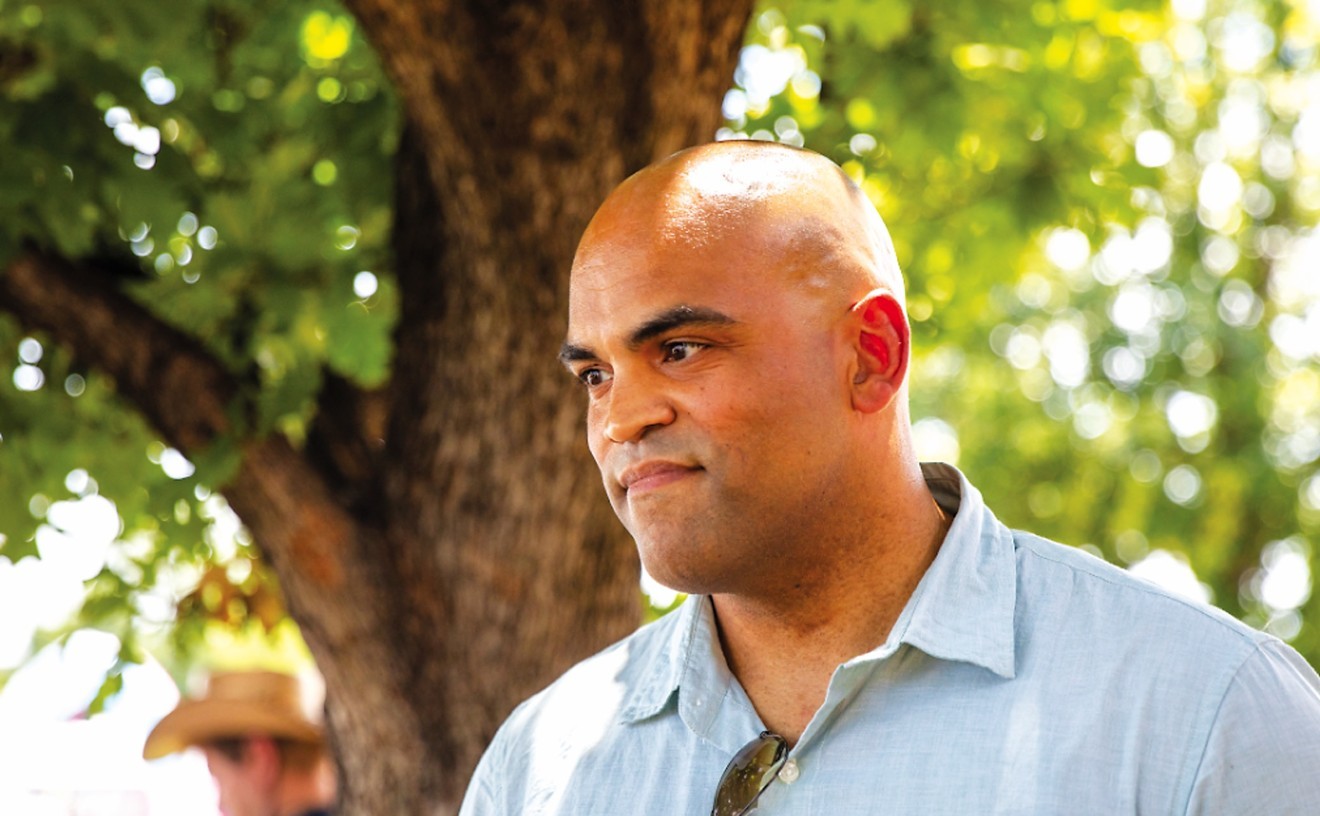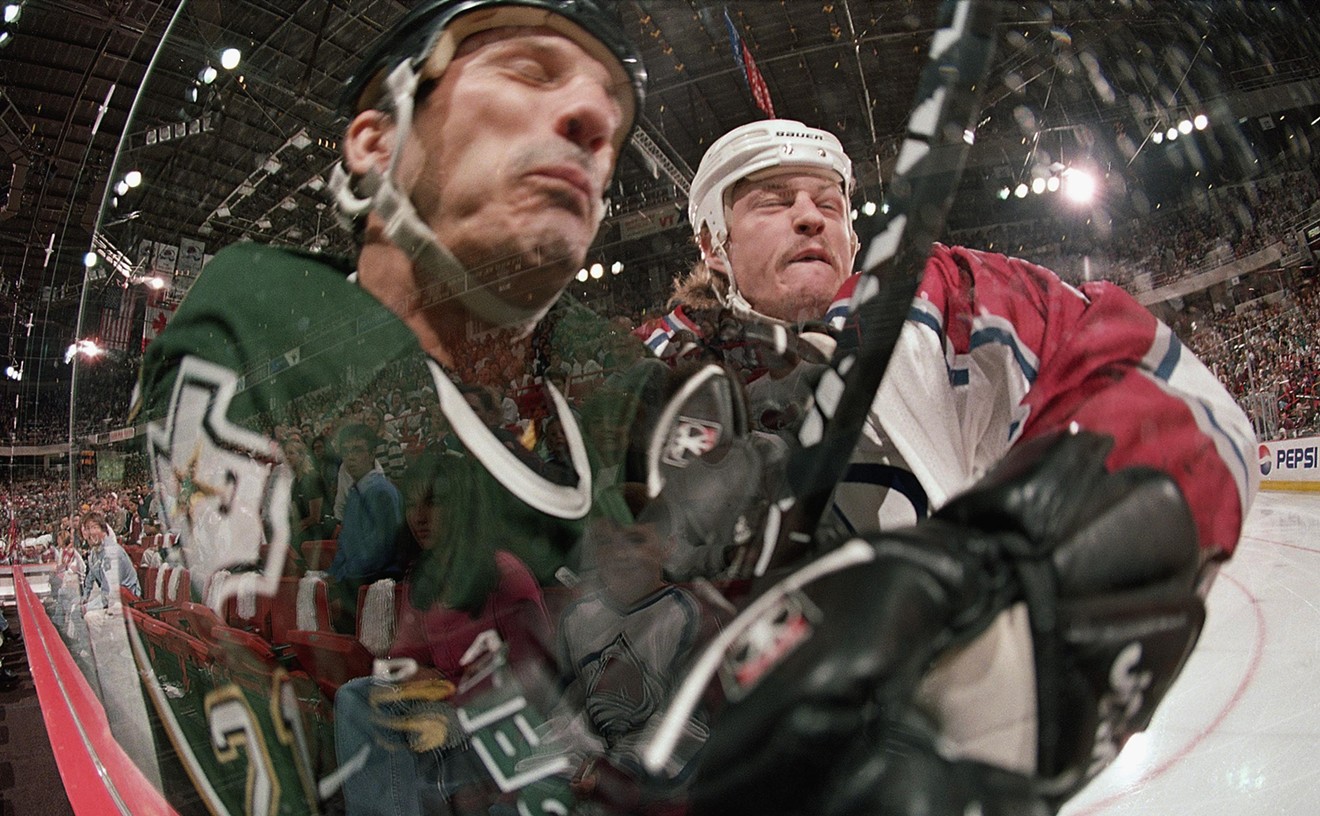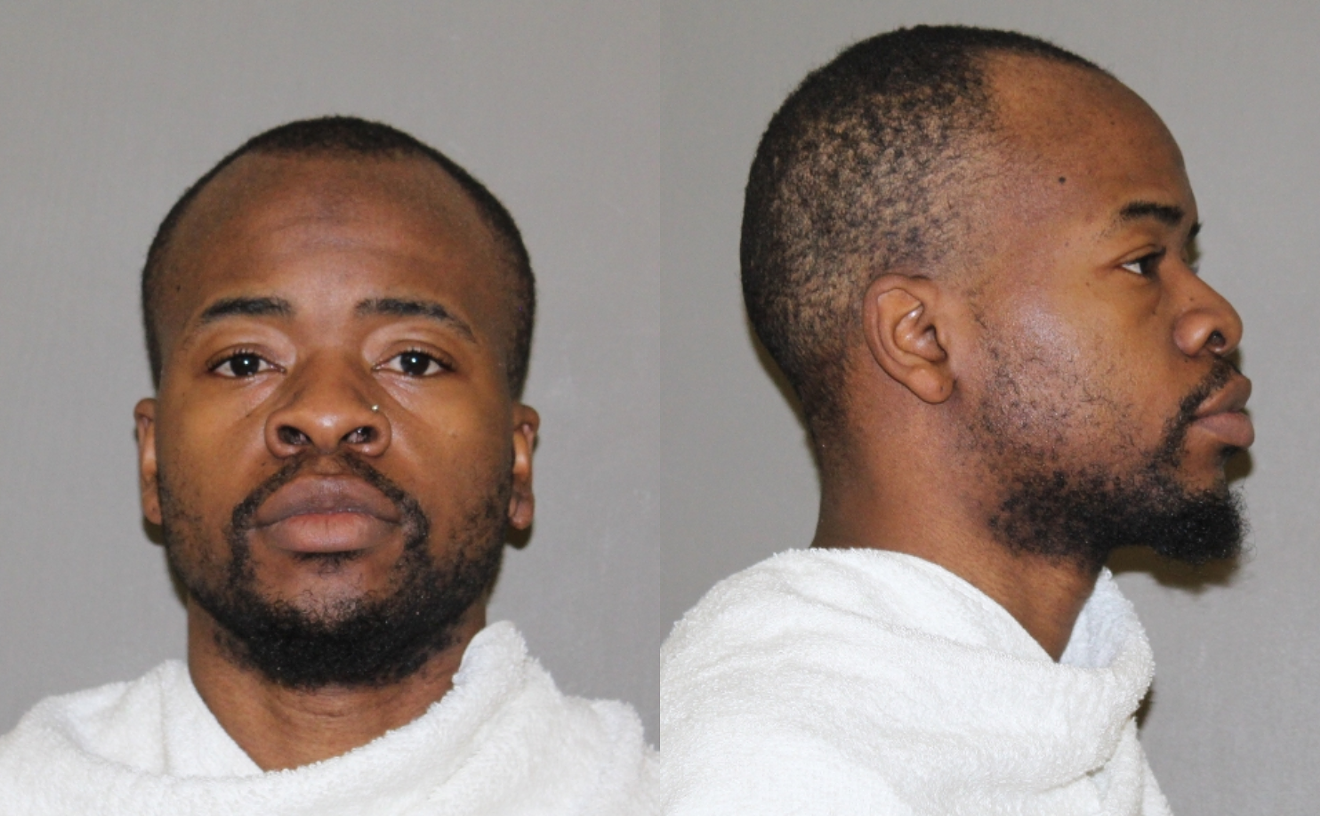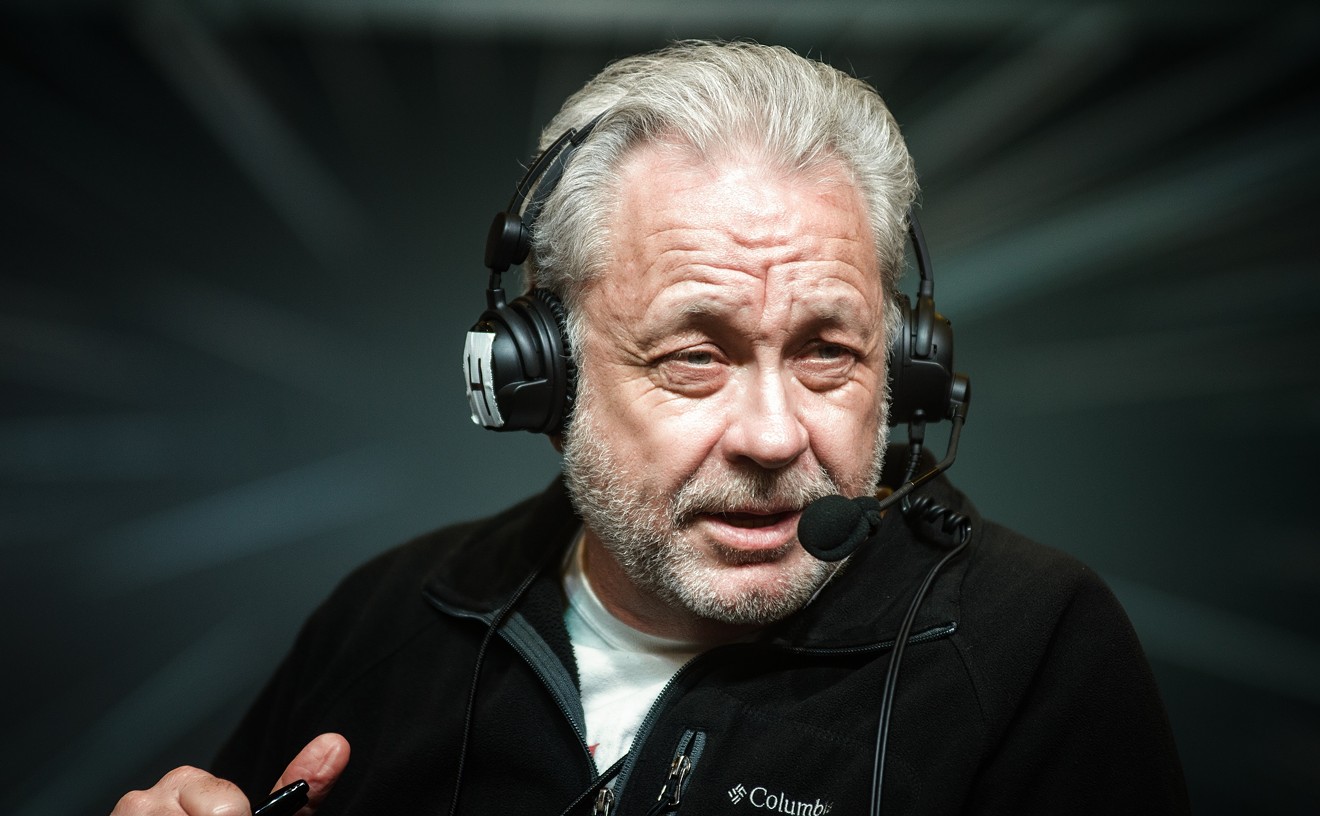Sometimes The Dallas Morning News does so many things so right I begin to worry. Tanya Eiserer's work on how the Dallas Police Department faked the city's crime reports so Dallas would no longer be the most crime-riddled city in the nation; everything Brooks Egerton does; in fact, most of their "DMN investigates" stuff: I start worrying that it's all too good and may even point toward the day I dread most -- the day The Dallas Morning News restores its credibility with readers.
Thank goodness, thank the stars, the Fates, everything and everybody capable of being thanked out there for the Trinity River Toll Road. Just when the skies above me are darkest, Sunday's Trinity River Toll Road story breaks through like a radiant beam from on high, renewing my faith in the core dishonesty and intellectual corruption of Dallas's Only Daily Newspaper.
Yesterday's paper was, for me, heaven-sent. There, on Page One, was a story by transportation reporter Michael A. Lindenberger revealing that every single thing Dallas city council member Angela Hunt has said about the toll road has turned out to be true. It revealed that Dallas Mayor Tom Leppert has engaged in egregious untruths about the project.
But here's the glory part: Lindenberger's story attempted to reveal this underlying reality without admitting to any of inescapable conclusions, including the conclusion that Hunt is a truth-teller and Leppert is not.
In the 2007 referendum on plans to build a new super-highway through downtown, Hunt made two main arguments: The design of the road, which called for it to be built out between the levees in the river's floodway, is unsafe and unsound. And in part because of this massive design flaw, the road will be far too expensive to build.
Linderberger's story concedes that plans for the toll road went awry "after planners decided it should be built between the levees." The story makes it clear that funding for the project is at least a billion dollars short of the cost.
So doesn't that make Hunt 100 percent right and Leppert 110 percent wrong?
But Lindenberger did not call council member Hunt for his story Sunday. That's outrageous. It is not an oversight. Believe me. No way did this story work its way through the newsroom without at least one person asking, "Don't we have to call Hunt for the told-you-so quote?"
The answer was no.
Lindenberger adopted as fact the revisionist pro-toll road party line on the 2007 referendum -- that it was a vote to kill the road. He describes it as "a 2007 referendum aimed at killing it" and talks about how "Leppert and his allies repelled the anti-road vote."
But that's not true. The 2007 referendum was not to kill the road. It was about whether or not the road should be built out between the levees where it floods. Hunt, who led the referendum effort, was in favor of exploring other cheaper safer alignments for the road.
Lindenberger, who helped cover the referendum, knows that. He also knows that the news about the missing billion dollars in funding is not news.
In his campaign to defeat the referendum and keep the road between the levees, Leppert vowed on multiple occasions in 2007 that the NTTA had committed to covering any costs the city could not afford. But weeks before the vote, NTTA chairman Paul N. Wageman told Lindenberger that it wasn't true.
The NTTA was not in a position to meet the excess costs. Lindenberger and The News sat on that story until the day after the votes were counted.
In Sunday's story, Lindenberger attributes the billion-dollar shortfall to things that have happened since 2007. He allows Leppert to get away with saying, "The transportation picture is a difficult one statewide." He quotes Leppert as explaining that "all of the projects have gotten cloudy."
Nowhere does Lindenberger say to the mayor, "But the funding difficulty with the Trinity River Toll Road is not a product of recent conditions. We have known about it since before the 2007 election."
Here are the money questions any decent editor at any honest newspaper would insist a reporter ask of the mayor: "Do you think the events of recent weeks have proved Angela Hunt right and you wrong about the alignment of the toll road between the levees? Did you mislead the voters of Dallas when you promised this road would be paid for by the NTTA?"
Some of what Lindenberger does with this story is just sloppy. He quotes NTTA executive director Allen Clemson as saying, "Our role is a very small one," and, "The only thing we are bringing to the table is the funds supported by the tolls."
But Lindenberger, on his own hook, states, "No exact figures on how much those tolls will generate are available."
That's nonsense. How does he think Clemson estimates what the NTTA can afford? By going to a gypsy? The NTTA hired traffic engineers years ago to study how many people would use this road and what tolls they would pay. I reported as recently as two years ago that the metric on this was quite precise: if the NTTA held speeds to the 45 miles per hour with easy on-and-off access -- as promised to voters in 2007 -- the road would produce only enough revenue to support $70 million in construction bonds.
If the NTTA increased speeds to 55 miles per hour and cut off most of the access -- changing it from a park road to a barrier between downtown and the park - the NTTA could raise $150 million in bond money for it.
Lindenberger keeps quoting a total cost of $1.8 billion for the road, even though the latest estimates I saw when I last examined NTTA documents put it at more than $2 billion. So the city has $84 million to chip in. Let's say the NTTA can do $150 million. That's $234 million against a cost in the range of $2 billion. Even the most optimistic estimates of the road backers are that they can come up with another $566 million.
That leaves a billion-plus that nobody can find, anywhere.
And then there is this: Now city officials, who have devoted the last 12 years of our civic life to this toll road, are conceding, according to Lindenberger, that we are going to have to have a new separate bond election to fix the basic levee system.
Do you know what the danger will be there? They will try to conceal a billion dollars for this road in the levee-repair bond issue and then accuse anybody who questions them of being against levee safety.
Think about it. What in this whole saga from beginning to end would lead you to trust any of that they have said or will say about the Trinity River project? I think you can feel it -- the deep-running fundamental theme of dishonesty and fecklessness running through the whole toll road debate.
With a story like the one Sunday, The News takes all of that other investigative work it does and all of that community reporting and good-will editorializing and throws it all in the credibility crapper.
They have restored my faith in them.
I have a call in to Lindenberger. Later today somebody from The News will call me and tell me he's not available. I will keep you posted.











